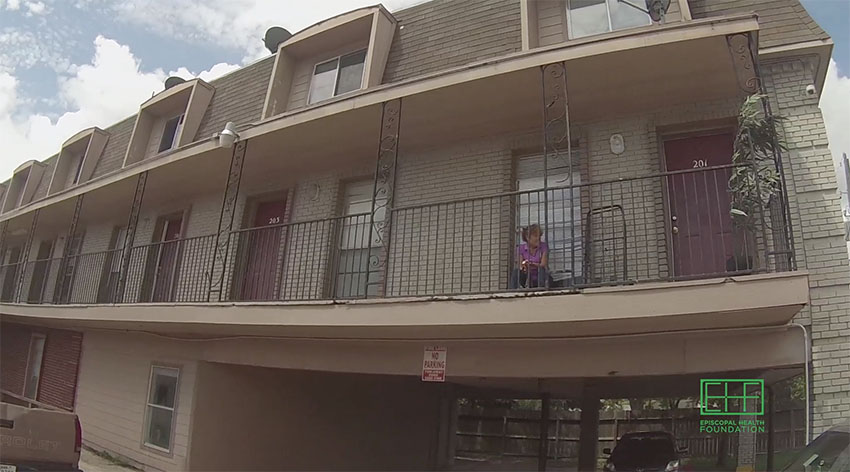

By Shao-Chee Sim, VP for Research and Evaluation
Jennifer Meier, Research Associate
Urban Institute recently released an important report that was sponsored by EHF and documents the detrimental impact of the public charge rule in Houston, a city with many diverse immigrant populations. The revised Public Charge rule, which was finalized in February 2020, makes receipt of Medicaid, food stamps, and certain other public benefits a negative factor in immigrants’ applications for green cards.
Since publishing the report, a nationwide injunction has gone into effect barring the implementation and enforcement of the Public Charge rule so long as there is a declared national emergency related to COVID-19. This turbulent political environment makes it challenging for immigrants and immigrant-serving organizations to navigate, especially as we are faced with an unprecedented public health crisis.
In order to better understand how the Public Charge rule has prevented individual immigrants and families from seeking assistance in public programs, we sought out the nationally-known immigrant research team at Urban Institute to address a number of knowledge gaps on this issue.
We were interested in knowing how staff at the local safety-net service organizations, including community clinics, legal services, and social service organizations, were addressing the Public Charge rule. As a philanthropy, we would like to gain insights on how best to strengthen the community infrastructure in supporting the needs of immigrant communities during the pandemic.
Drawing from interviews and focus group sessions with service providers and immigrants in Houston, the Urban Institute research team found that local health care providers were challenged to deliver accurate, consistent messaging around rapidly-changing federal policies such as the Public Charge rule. Although Houston has welcomed immigrants as essential members of the community, contradictory messages coming from state and federal officials creates confusion and fear around the stability of immigration policies. The COVID-19 public health emergency has brought these issues to the surface, as immigrants navigate federal, state, and local relief efforts.
The report provided several concrete recommendations to strengthen the capacity of immigrant service organizations:
- Health care and social service organizations should increase training to all front-line staff on the latest court decisions to the Public Charge rule.
- We need a broader communication campaign with simple, consistent, and quick messaging.
- Urban Institute researchers also urge funders and policymakers to consider a network approach to strengthen the existing immigration services infrastructure in Houston.
- Finally, local organizations should encourage individuals to engage in advocacy efforts and share information on immigration policies with their community.
In the midst of continuing confusion relating to the Public Charge rule, we urge funders, policymakers, and immigrant-serving organizations to review this timely report and consider the report recommendations in developing local strategies to assist immigrant serving organizations.
